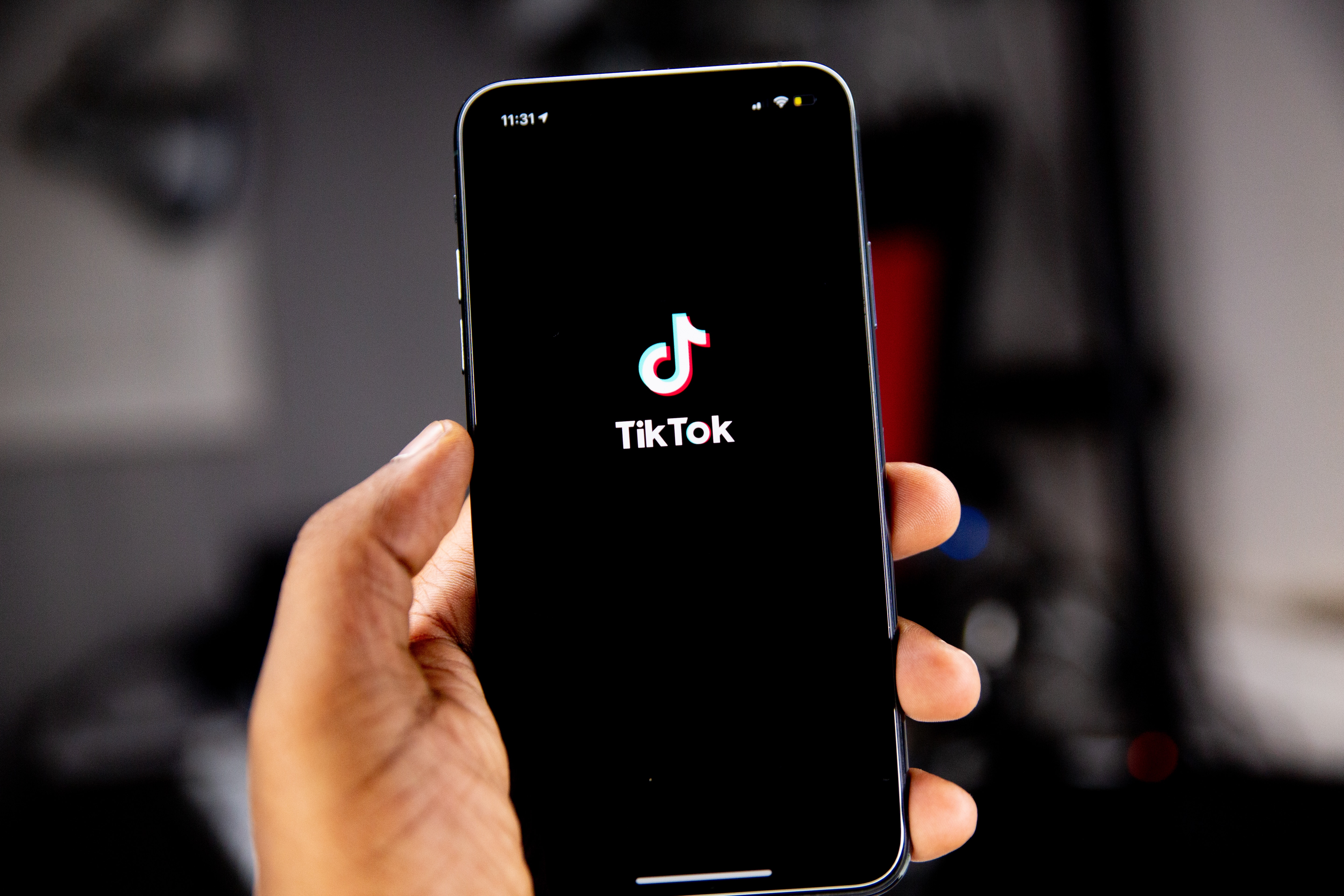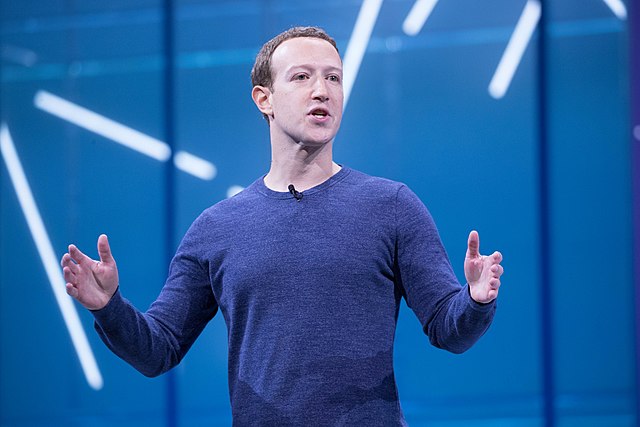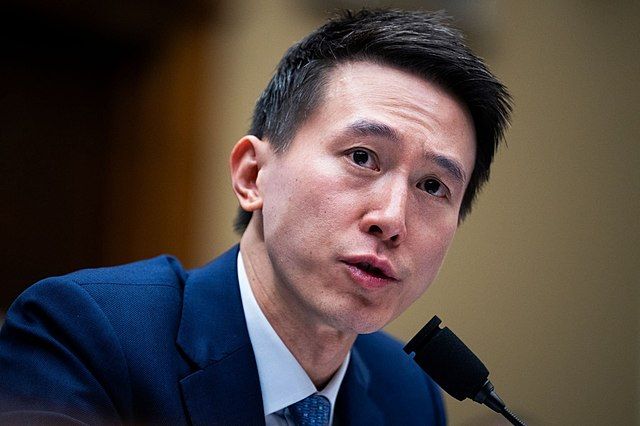TikTok, the popular social media platform, recently garnered backlash from United States lawmakers. Due to concerns about the company’s ties to the Chinese government, there has even been talk about banning the app altogether.
According to Vox, TikTok is a second iteration of a previous platform called Musical.ly. In November 2017, Musical.ly sold for about $1 billion to a Beijing-based tech company called Bytedance, which already owned TikTok. The company then merged both platforms under the TikTok name.
Today, TikTok has over 150 million active users in the U.S.
In a nearly five-hour hearing on March 23, TikTok CEO Shou Zi Chew answered questions in front of the House Committee on Energy and Commerce.
The heart of the issue
Cabrini social media professor Dr. Nune Grigoryan said, “What the U.S. representatives are worried about is that this is a Chinese company that has user data of Americans. They’re concerned about how that data will be used, with the main concern being if [Bytedance] is related to the Communist Party of China, and if that data can be transferred to and used by them.”
However, Congress may have little evidence to support their concerns. “What TikTok said is that they keep all of their servers with U.S. citizens’ information in the U.S., and their servers in Singapore are sent back to the U.S. as well,” Grigoryan said. “There is no server in China that the Chinese government could have regulation over.”
Additionally, no official report was filed by any national security agency. “[Rep. Alexandria Ocasio-Cortez] made a TikTok video explaining that if there is a national security threat or concern, usually there’s a committee that gets a report about it,” Grigoryan said. “There is no report on TikTok. There is nothing that has prompted any of this on paper.”

The potential issues with TikTok can also be applied to U.S.-based platforms. “We know that there have been actual recorded instances of Meta violating their users’ rights and using or selling their data. For TikTok right now, we don’t have that, but we do have that concern,” Grigoryan said.
“All social media platforms give you their terms and conditions that you consent to when you open an account. By doing that, you give access to your data,” Grigoryan said. “However, what a lot of people miss is that the company then takes that data and sells it for advertising purposes. They don’t directly sell your data, but they use it to deal with a third party without your consent.”
Rachel Hetrick, senior graphic design major, tries to avoid the problem. “I don’t have TikTok, but in my opinion it’s opening a can of worms because it’s not that different from the rest of the internet,” she said. “While I don’t see this affecting me, there are other avenues of making the same content that’s on TikTok. I know people will still be creating. I think once you open one door, you’re going to have a bunch of others.”
Economic implications
A nationwide ban on TikTok, such as the one being discussed in Congress, would severely disrupt the social media marketing industry. “It would kill small business marketing efforts, which have been doing better since businesses have more of a chance of being noticed through the TikTok algorithm,” Grigoryan said. “For creators with small and large followings, everything they’re doing would be gone. Their monetization is gone, their efforts and following are gone. It would create a lot of havoc for those creators, and for businesses it would be terrible. There will be some damage, but it won’t affect the whole economy.”
The controversy around TikTok may be in the spotlight for the foreseeable future. “It doesn’t seem like this will go away soon. Utah just passed a bill that restricts young people’s access to social media, including TikTok,” Grigoryan said. “There are other states who are thinking about introducing state-level laws.”

One example of these state-level laws is Tennessee’s bill that would see TikTok banned from public college campuses. According to highereddive.com, Tennessee Governor Bill Lee is expected to sign it into law. Several other institutions, such as University of Oklahoma, Oklahoma State University, and Auburn University, have also blocked the app. However, University of Oklahoma later revised their policy to allow the platform on the school’s guest network.
“There might be more hearings. You could tell from the [March 23] hearing that there’s not a lot of trust towards what’s being said. There isn’t constructive feedback. There are some concerns about whether or not TikTok makes any significant changes after the first hearing,” Grigoryan said. “Other than that, it’s going to be a continuous conversation because this is a huge deal.”
“This also has implications for what kind of precedent this sets. Does this mean American companies like Facebook and Twitter can face similar restrictions in other countries? For example, China doesn’t allow Facebook,” Grigoryan said. “For the U.S. specifically, this conversation will come down to the First Amendment. With the First Amendment, you have to apply it to all the platforms.”





